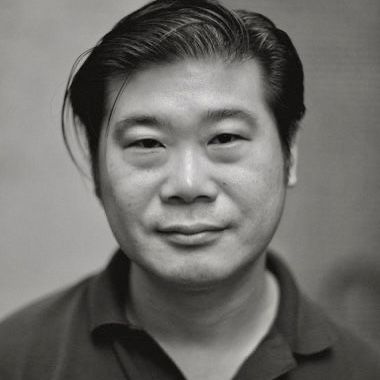Personal Infrastructure
One of the challenges of being in a pandemic whilst undergoing a professional transition is that you have a combination of a wide open canvas and a dwindling bank account.
The initial phase of this is entirely reactionary. You look for silver bullets that solve both problems at the same time. Usually, there aren't any, otherwise you would've figured that out long before you got to this phase.
Eventually, you realize that this is somewhat of a marathon–certainly not an infinite one–and what you need to put in place is a system that will keep you afloat intellectually, physically and emotionally.
As such a system is highly individualized, everything starts with understanding one's constraints. For most, that is a matter of assessing how much money you have in the bank, what bills you need to pay, and how much time you have before you need to escalate to a Plan B.
Assuming you have some time to work with, that informs the scope and length of the exploration you can do before needing to get to brass tax. Otherwise, you'll need a structure that includes some amount of generating an income.
Then, it's a matter of respecting the fact that too much structure will become a burden in itself. I've found the tiny habits framework to be helpful here, which is that you incrementally add new behaviors to your existing routine over time versus attempt to make wholesale change.
Here's what's been helpful for me:
- I've adopted the 16/8 intermittent fasting framework, which means I don't eat until noon, and I stop eating after 8pm. It's helped mitigate the impetus to simply snack all the time, while also helping establish some consistency and structure to my day-to-day. That in turn, has created blocks of time to get work done.
- I've also added a set of push ups to my routine right before I jump in the shower, as well as before I eat. It's not the optimal exercise routine for me, but I need to have something to start with from which I can add to over time.
- I'm a big believer in the power of writing as a way to do deep thinking, so I have a three-part process here. First, I make myself a cup of coffee. Then, I write 500 words on Daily Words Club. All of this is private, and it forces me to set aside time to be alone in my thoughts. It's both meditative and cathartic as well as well as a place to plan and synthesize what I've learned. Third, I write on this blog, which is public. What I've learned over time is that I need the practice of being forced to crystallize a coherent thought. These blog posts aren't polished essays, but since they are intended for an external audience, I'm a bit more thoughtful about what I'm trying to communicate and how I do it.
- Staying socially connected is also important, especially in a time of a pandemic. There's much that could be improved here, but thanks to some friends and pre-existing communities, I have some regular outlets to engage with folks, both asynchronously through chat-based communities, as well as virtual happy hours through Zoom.
- Work-wise, I've been experimenting with both Notion and Basecamp as places to collaborate with people asynchronously, and that, too, is a work in progress.
All of this was necessary for me to do pre-pandemic, as I work through a professional transition, and we'll see what sticks and how this evolves. Overall, I'm hopeful to be building a routine and structure that will work for the long term.
